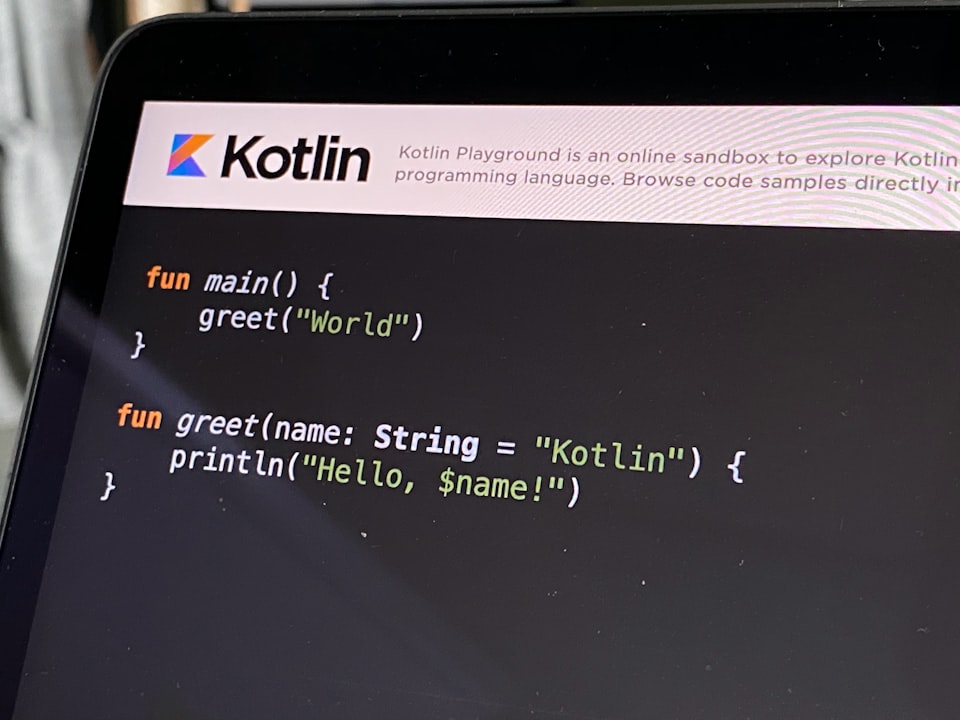Kotlin-ing Down Complexity: Understanding the Single Responsibility Principle

As developers, we all know how easy it is for code to become complex and hard to maintain. That's where the Single Responsibility Principle (SRP) comes in. SRP is a principle of object-oriented programming that states that a class should have one and only one reason to change. In other words, a class should have only one responsibility.
In Kotlin, this principle can be applied by creating small, focused classes that have a specific purpose. For example, instead of having a class that handles multiple tasks such as data retrieval, data manipulation, and data storage, we can break it down into three separate classes, each with its own responsibility.
Here's an example of a class that violates the Single Responsibility Principle:
class OrderProcessor {
fun retrieveOrder(orderId: Int) {
// code to retrieve order from database
}
fun calculateDiscount(order: Order) {
// code to calculate discount for the order
}
fun processPayment(order: Order, payment: Payment) {
// code to process payment for the order
}
}
As you can see, the OrderProcessor class is responsible for three different tasks: retrieving an order, calculating a discount, and processing a payment. This violates the Single Responsibility Principle because if any of these responsibilities change, the OrderProcessor class would need to be modified.
To adhere to the SRP, we can refactor the class as follows:
class OrderRetriever {
fun retrieveOrder(orderId: Int) {
// code to retrieve order from database
}
}
class DiscountCalculator {
fun calculateDiscount(order: Order) {
// code to calculate discount for the order
}
}
class PaymentProcessor {
fun processPayment(order: Order, payment: Payment) {
// code to process payment
}
}
Now, each class has a single responsibility and if any of the responsibility changes, only the corresponding class will be modified. This makes the code more organized, readable, and maintainable.
Another way to implement SRP in Kotlin is by using interfaces. Interfaces allow us to separate the implementation details from the behavior. For example, instead of having a class that handles both network communication and data parsing, we can create an interface for network communication and another for data parsing, and have separate classes implement them. This way, if we need to change the implementation of network communication, it won't affect the data parsing class and vice versa.
In conclusion, the Single Responsibility Principle (SRP) is a powerful tool for creating clean and maintainable code. In Kotlin, implementing SRP can be achieved by breaking down complex classes into smaller, single-responsibility classes, and by using interfaces to separate the implementation details from the behavior. Adhering to the SRP not only makes the code more organized and readable but also improves the testability and flexibility of the code.
